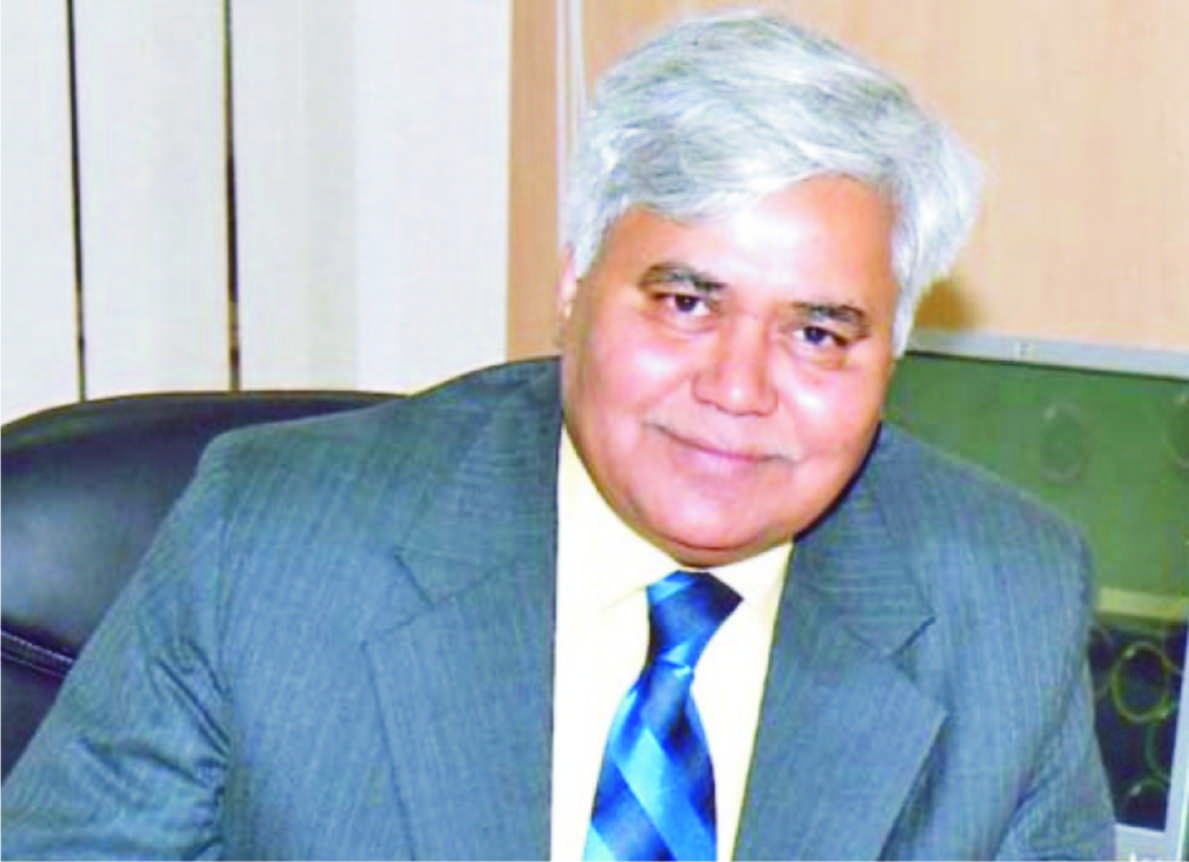Telecommunications consumers in India may be in for a good time if the country’s regulator, the Telecom Regulatory Authority of India (TRAI)’s recommendation regarding free data goes through parliamentary approval.
TRAI has suggested two ways of providing free data for the consumers in India’s efforts to raise access to telecom services for the citizenry: the government can give rural subscribers 100MB of data per month each, with the cost subsidised by the universal service obligation fund; or third-party aggregators can give away free data provided they are open to all operators and conform to the rules barring discriminatory pricing.
Naturally the proposal drew flaks from the country’s telecom operators and so-called net neutrality advocates, who argue that the proposed ‘aggregation model’ adds unnecessary complexity and appears to be line zero rating offers.
However, Chairman of TRAI, Ram Sewak Sharma, putting his foot down on the proposal, insisted the recommendations conform to the principles of net neutrality and do not violate any clauses of discriminatory banning of data services.
“The idea was to formalise a structure to provide free data to consumers in accordance with the principles of net neutrality,” Sharma stated.
“We haven’t permitted any exclusive relationship between a telecoms service provider and a content provider. If a content provider wants to provide free data, it will have to team up with all service providers,” Sharma explained.
In February TRAI ruled against differential data pricing following a national debate and furious lobbying by supporters and opponents of Facebook’s Free Basics’ zero rating service. A body representing leading operators pressed the regulator in May to lift the ban, citing a lack of clarity in rules.
The Cellular Operators Association of India said TRAI should use existing frameworks to boost data usage in rural areas, which is “already the role of providers as per existing licence norms, instead of complicating matters further.”
Net neutrality backers complain that the free data aggregator rules could create a non-level playing field by permitting app providers and websites to offer free data to all operators, which could create entry barriers for smaller players if they are unable to pay the specified rate, thus leading to a monopoly by the large providers.
The Department of Telecom will review the recommendations and may send them back to TRAI for clarification if need be; otherwise, they would become operational and thus binding on the operators.
According to TRAI, “Digital India is an ambitious mission of the Government of India which seeks to transform India into a digitally empowered society and knowledge economy. The initiative is powered by three key vision areas and nine strong pillars that shall pave the way for all round implementation by 2019.
“The vision areas of Digital India include digital infrastructure as a utility to citizens, governance and services on demand and citizen’s empowerment. Broadband Highways, Universal Access to Mobile Connectivity, and Public Internet Access Programme are among the essential pillars of this programme.”
Relying on the above, therefore, the regulatory authority recommended thus:
“In order to bridge the affordability gap for the persons residing in rural areas and to support Governments efforts towards cashless economy by incentivising digital means, the Authority recommends that a scheme under which a reasonable amount of data, say 100 MB per month, may be made available to rural subscribers for free.
“The cost of implementation of the scheme may be met from Universal Service Obligation Fund (USOF).
“To increase participation of other entities for incentivizing free data, there is a need to introduce third party (Aggregator) to facilitate schemes which are Telecom Service Providers (TSPs) agnostic and non-discriminatory in their implementation.
“Scheme for free data must be TSP-agnostic, must not involve any arrangement between the TSP and the aggregator/content provider and should not be designed to circumvent the “The Prohibition of Discriminatory Tariffs for Data Services Regulations,” notified on 8th February, 2016.”
By MKPE ABANG

